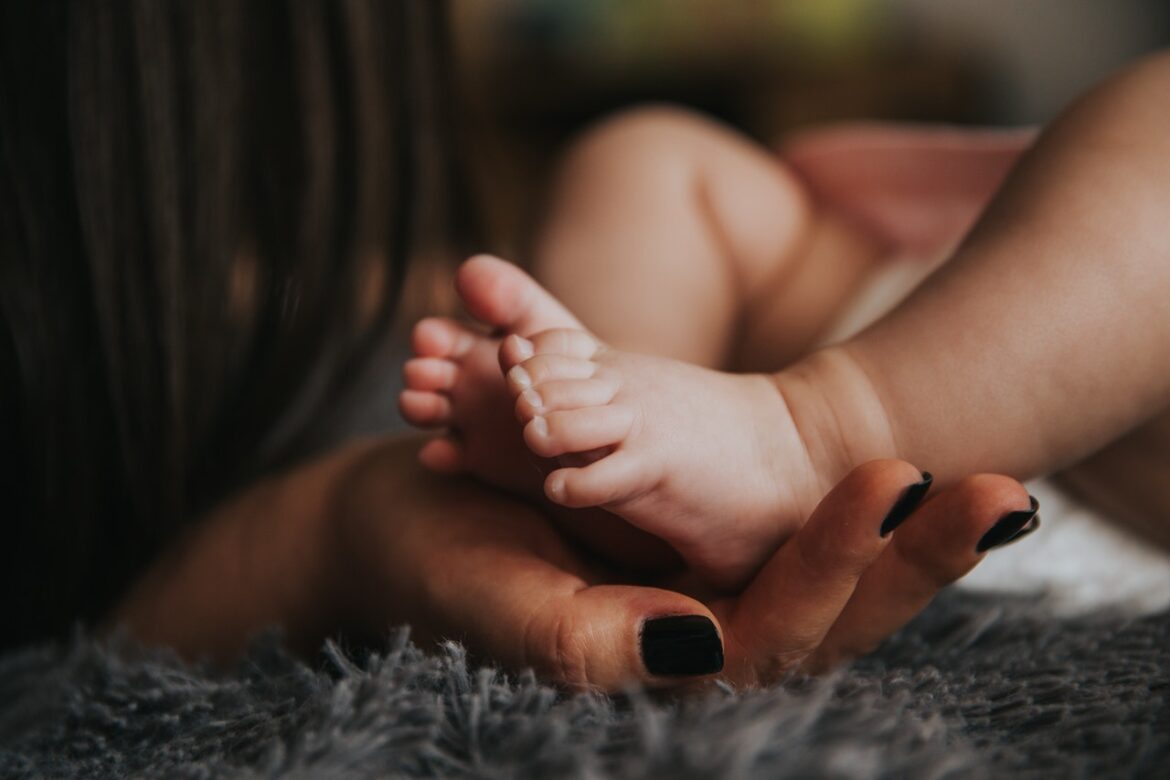Premature babies are babies that are born before 37 weeks. Early delivery before 37 weeks will give you premature babies. Premature babies require more care than term babies. Term babies are born at or after 37 weeks. Your baby might need premature baby care at home even after discharge.
The World Health Organisation has provided classifications based on gestation periods of a baby to categorise it. A baby born before 28 weeks is extremely preterm. A baby born between 28 to 32 weeks is very preterm. If a baby is born between 32 to 37 weeks it is moderately preterm and comparatively safe.
It is not recommended to discharge extremely or very preterm babies and provide premature baby care at home.
Before you decide to care for a premature baby at home make sure you have the express approval of your doctor for doing so.
Premature babies require more care than term babies because most of their organs are still underdeveloped during delivery. Owing to their pre-term delivery, they do not have sufficient time to form fully developed organs.
Caring for premature babies can be challenging, but with some study on the subject, help from medical professionals, and some courage, you can do it right.
Premature baby care at home for keeping premature babies warm at home
Premature babies are in danger of getting cold very quickly. They are born with brown fat to protect themselves from hypothermia. You premature baby, therefore, tends to get cold very quickly. This may even happen after you bathe the baby and leave it underdressed. That is why you need to keep your baby adequately warm.
However, this does not mean that you make your baby uncomfortable with too much clothing. In case you’re unsure of how much clothing you should put on your baby, then ask a healthcare professional for his advice on the matter. Overloading babies with clothes has contributed to the sudden infant death syndrome in premature babies.
You can consider dressing your baby in a vest or sleep suit, a sleeping bag, or a blanket.
The ideal room temperature for your baby is 20 to 23 degrees Celsius. Your baby’s temperature should always range from 36.5 to 37.3 degrees Celsius.
How to hold a premature baby?
If you’re a mother the best way to hold your baby is to practice kangaroo care. If you’re in the comfort of your room, strip your baby, put on his diapers and place him on your chest. Move his head gently to one side and take comfort in skin to skin contact.
Research has proven that skin-to-skin contact through kangaroo care in premature babies increases mother and child bonding. Kangaroo care promotes stability in respiration for the baby, stabilises body temperature, improves oxygen supply, and promotes breastfeeding.
Do not let people outside your close family hold your baby. No-one should be allowed to smoke around your baby. Ill people should not be allowed around your baby. Your baby’s immune system needs to grow stronger and therefore contact of your baby with the outside world and the impurities that come with it should be minimal. Everyone including yourself should wash their hands before touching the baby.
Nursing care of premature baby
Premature babies are smaller than term babies. Therefore, they cannot hold as much food in the stomach in one go as term babies. Preterm babies need to feed more often because of this. Breastfeeding them every three hours is a must.
Always bathe your baby with warm water. Use your elbow to check the temperature of your water. Wash their hair with plain water. Do not use chemicals such as shampoos for washing it. Similarly, steer away from lotions that contain chemicals.
Premature babies do not have fully developed stratum corneum unlike term babies. The stratum corneum is the upper layer of the skin. The more premature the baby, the more translucent their skin. Therefore, it is best to avoid any chemicals during such an early delicate stage. Give your baby a sponge bath until your baby reaches the weight of 2.5 kg. Consider using liquid cleansers only after consulting with your doctor.
Be wary of cot death
We do not mean to scare you mothers out there, but premature babies as already discussed need extra care. Premature babies often fall prey to Sudden Infant Death Syndrome (SIDS) or cot death.
There are some easy steps that you can follow to keep cot death away. The first thing you learn about babies is that their sleeping positions are very crucial. You need to monitor this. Breastfeeding also helps in keeping SIDS at bay.
Baby sleeping positions
Do not allow your baby to sleep on their stomach. This causes breathing difficulties and may cause sleep apnoea in premature babies. Apnoea is a condition where babies stop breathing for a period of 15 seconds. This causes SIDS.
Make your baby sleep on their back. This allows more oxygen circulation in the body and keeps his temperature stable. This position keeps the baby from overheating.
Side sleeping is not considered safe for babies and is known to increase their chances of SIDS.
Do not stuff blankets underneath your baby. Do not add toys or extra sheets. This hinders your baby’s breathing. Wait until their first birthday to give them toys.
Avoid falling asleep with your baby. Co-sleeping is not recommended by health care professionals as this increases risks to your baby’s life. Your baby could be suffocated by adult pillows or blankets, or you or your spouse may roll on top of the baby unconsciously during sleeping.
Breastfeeding premature babies lowers SIDS attacks. Your baby is easily women up from their sleep. Avoid smoking and alcohol during the period of breastfeeding your baby as this increases the chances of SIDS.
Final thoughts
Those are all of the pointers that you need to keep in mind while dealing with premature babies. Always be prepared for an emergency while dealing with premature baby care at home. Remember to keep yourself calm during adverse scenarios. Your doctor will be able to take care of any challenges you might be facing.




